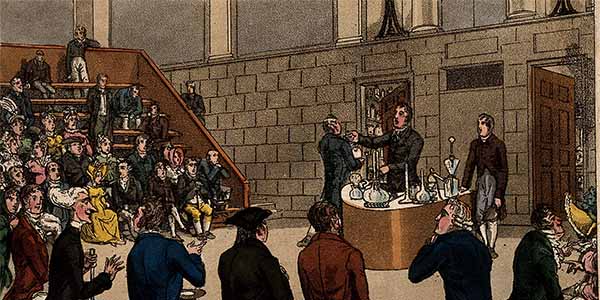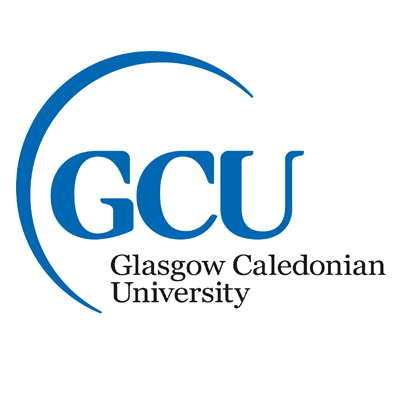Training and teaching are at the heart of our activities. Students first encounter the history of health and healthcare as History undergraduates and they have the opportunity to conduct their own research into the subject area through Honours level dissertations.
The MSc. in Health History is ideal for those with a first degree who are looking to seek a more detailed history of the health challenges facing modern societies and to broaden their skills for personal research in the field. The Ph.D. programme sees candidates make the step to conducting book-length studies of their own in topics as diverse as health during times of war, drinking and drunkenness in British society, and the historical understandings of conditions such as acne and diabetes.
Our centre has a long track record in securing funding to enable students to join our teaching and training programmes. Please get in touch for more information.
For further information, contact Prof. Matt Smith


